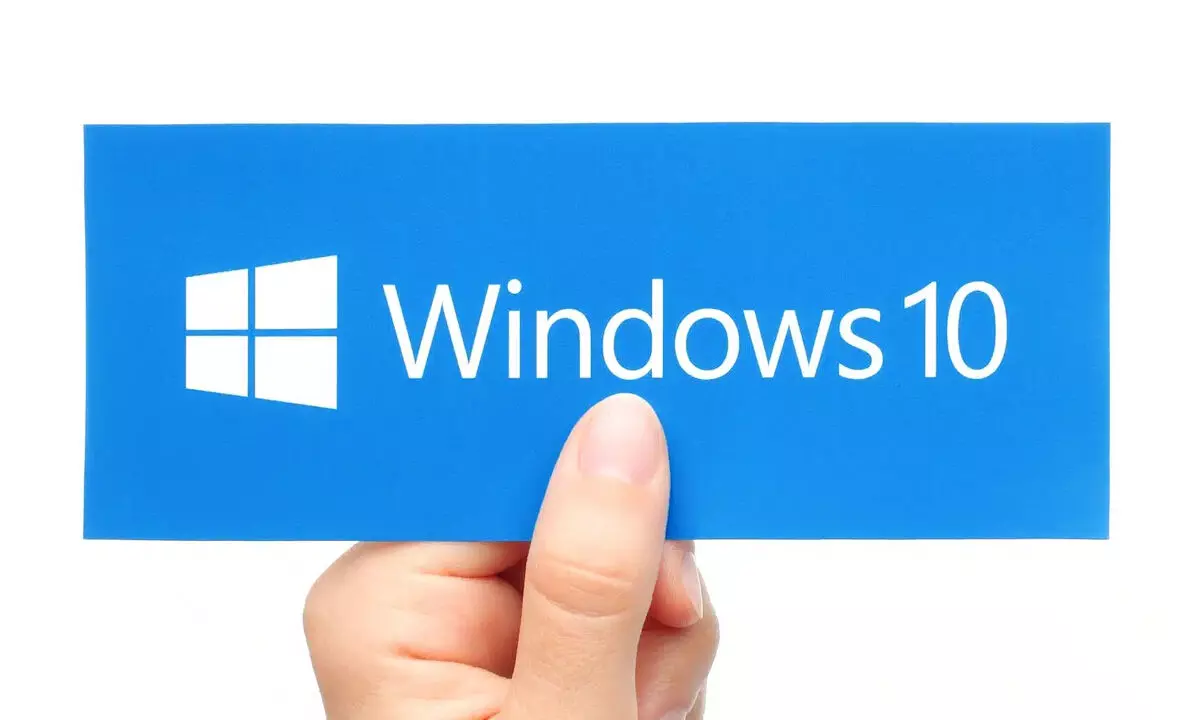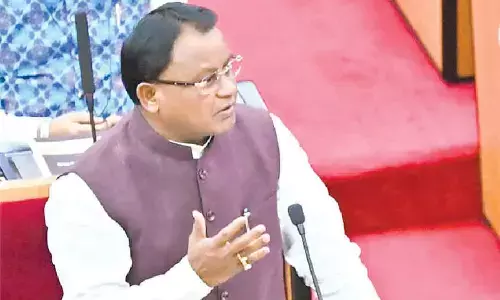Microsoft Extends Windows 10 Support with Paid Security Updates

Microsoft is discontinuing mainstream support for Windows 10, necessitating either paid security updates or an operating system upgrade.
Microsoft is set to introduce a new option for consumers seeking continued security updates for Windows 10 after the operating system's scheduled end of support on October 14th, 2025. In a departure from its usual practice of providing Extended Security Updates (ESU) exclusively to organizations with a need to maintain older versions, Microsoft will now extend this service to individual users through an annual subscription model.
“While we strongly recommend moving to Windows 11, we understand there are circumstances that could prevent you from replacing Windows 10 devices before the end of support date. Therefore, Microsoft will offer Extended Security Updates,” explains Microsoft in a blog post. “The ESU program for Windows 10 will include critical and/or important security updates. ESUs do not include new features, customer-requested non-security updates, or design change requests. Technical support beyond the ESU itself is also not available.”
With the conclusion of Windows 10 support looming, consumers who wish to receive crucial security patches beyond the specified date will have the option to purchase ESU directly. This move marks a shift from the traditional approach of extending the support period and introduces a paid subscription service for individuals.
Contrary to expectations of a support extension, Microsoft has chosen to offer regular users access to the ESU program, a service initially designed for businesses requiring extended security coverage for older software versions. The surprise announcement means that, instead of a support extension, consumers can opt for an annual subscription to receive three additional years of security updates beyond the official end of support for Windows 10.
Microsoft says, “If you are an individual consumer or an organization who elects to continue using Windows 10 after support ends on October 14, 2025, you will have the option of enrolling your PC in the paid Extended Security Updates (ESU) program,” explains Microsoft on a FAQ page. Microsoft isn’t detailing pricing for its extended Windows 10 security patches just yet. “More details including pricing will be provided at a later date.”
In a surprising turn for consumers, Microsoft's recent announcement about the Extended Security Updates (ESU) for Windows 10 follows closely on the heels of the company's decision to "revisit" its strategy for the operating system. This reconsideration involves integrating the AI-powered Copilot into Windows 10 and making additional investments, potentially paving the way for more AI features in subsequent updates. Despite these enhancements, Microsoft clarifies that no major updates are currently in the pipeline for Windows 10.
The enduring popularity of Windows 10 is underscored by the fact that it remains a widely utilized operating system. With just under two years of official support remaining until the mandatory shift to Windows 11 or any successor, users face the decision of transitioning or opting for paid security updates. Comparisons to past Windows versions reveal the evolving landscape of Microsoft's support policies. Windows 7, for instance, reached the end of support in 2020, slightly over a decade after its introduction, with extended security updates concluding earlier this year. In contrast, mainstream support for Windows XP concluded after eight years, while extended support persisted for almost 13 years.
Despite the current paid ESU model for Windows 10, unforeseen circumstances may necessitate Microsoft to provide free security updates even after the official end of support. The precedent set by a unique patch for Windows XP in 2017, implemented three years post-extended support termination to thwart a significant ransomware attack, raises the possibility of a similar response if Windows 10 faces analogous threats in the future.











